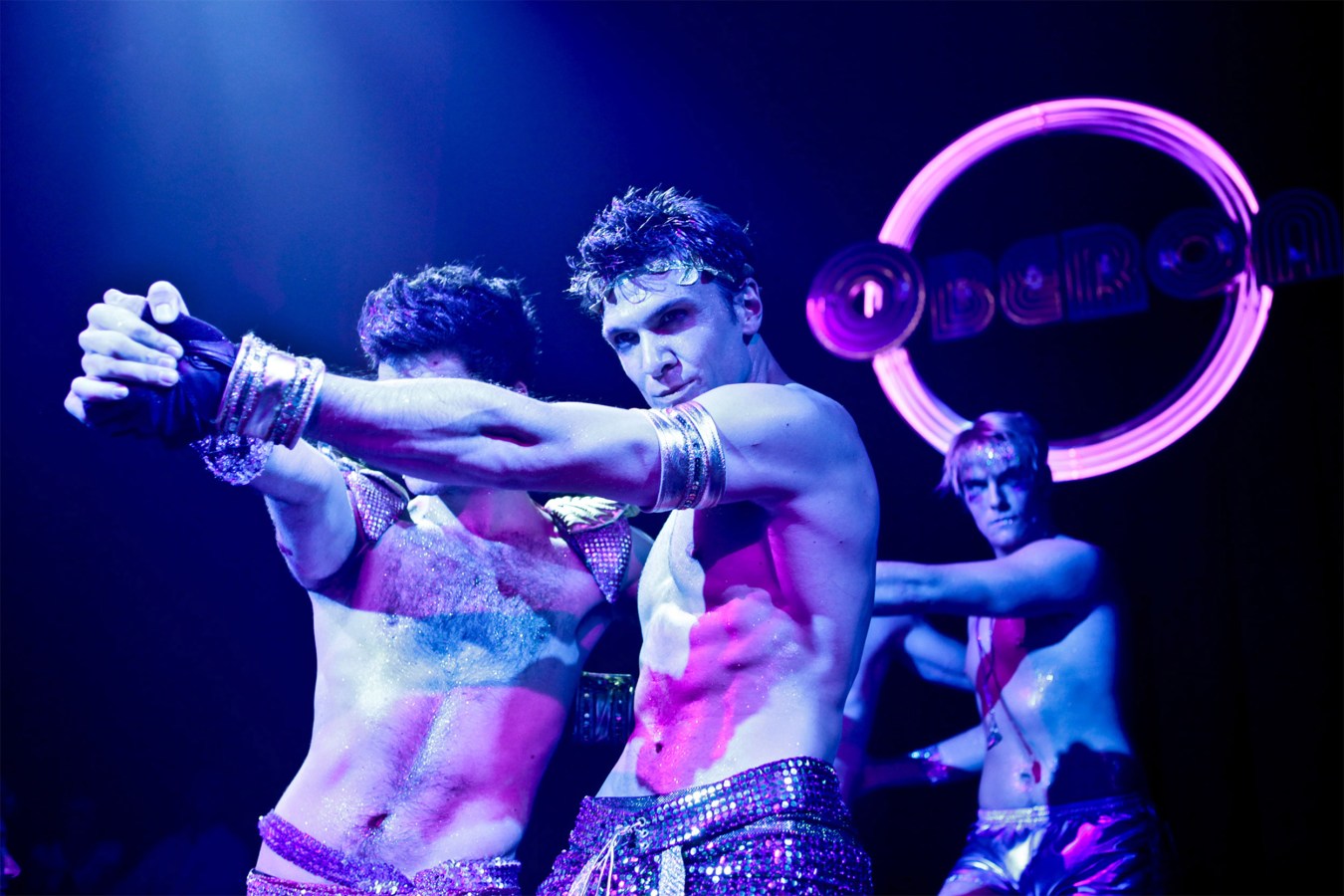“There’s always been theater that has been connected to the audience and put the audience in different relationships, but that was when it really caught the public imagination,” recalls Allegra Libonati, who served as Paulus’ assistant director, helping to transfer the New York production to Cambridge, and also worked on “Sleep No More,” an adaptation of a British production. Although the productions differed greatly — “Sleep No More” had audiences wandering through the abandoned Old Lincoln School in Brookline — together they came to define immersive theater for a new generation. “Both of those shows are such game changers, in their own right,” says Libonati. Now a theater director in Las Vegas, she recalls their “new focus on transforming the audience experience.”
What audiences experienced might have been new. However, says Paulus, it was always rooted in the material. “The immersive staging of the show draws inspiration from the ‘groundlings’ at Shakespeare’s Globe Theatre — an audience experience that, in my imagination, is closer to the mosh pits of modern-day rock concerts than the way you traditionally experience Shakespeare today,” says Paulus. “There has been a definite trend in the field of an increased audience demand for immersive theater, and the popularity of ‘The Donkey Show’ speaks to that desire.”
The show’s audience agrees. “I’ve always been a huge fan of ‘A Midsummer Night’s Dream.’ It’s my favorite Shakespeare comedy,” recalls Mark Sickler, who went from being an enthusiastic repeat audience member to working as an usher, ultimately becoming a VIP usher, catering to group attendees.
Sickler first saw the show in New York in the ’90s on a work outing. At the time, he was living in the Boston area, and so when he discovered that it had opened in Cambridge, he was overjoyed. “The visceral experience of not just seeing the show or hearing music and being able to dance, but just that sensory overload of music that was really a huge part of my childhood, plus this incredible story. Plus the people and the heat and the sweat and the glitter. It really struck a chord with me,” he says.
For others, like Marissa Rae Roberts, it illuminated a path to a new career. Roberts was a graduate student in 2011, pursuing her M.F.A. in musical theater at the Boston Conservatory, when she auditioned for “The Donkey Show” and was cast as Disco Girl. She would eventually move on to the role of Mr. Oberon and then served a summer stint as associate resident director.
“I remember giving notes to our DJ,” says Roberts, who left in 2018. “It has to be exciting. You’re changing it up, and it gets more insane, and then all of a sudden you have this big climactic audience. You’re making love to the audience,” she says.
Roberts now leads her own ToUch Events, which creates theatrical events for organizations. Although she had begun working on ToUch before joining “The Donkey Show,” she calls the experience “a launch pad for creative endeavors.”
“I learned so much,” she says. “Everything from storytelling, managing a company, how to be a director and speak as a director confidently.” The lessons, she says, included those that have enabled her to run her own business. Not only “to think outside of the box,” she says, but also “to creatively utilize theater in a business model.”
Perhaps the most important thing she learned from Paulus involves priorities. “The focus is all about the audience,” says Roberts. “Not about crafting that perfect performance.”
That audience connection will be sure to make these last performances exciting, if bittersweet. Sickler, who left “The Donkey Show” when he moved to New Hampshire in 2017, already has his tickets for the closing night. “I’m telling everybody,” he says. “Go now. This is your last chance.”

